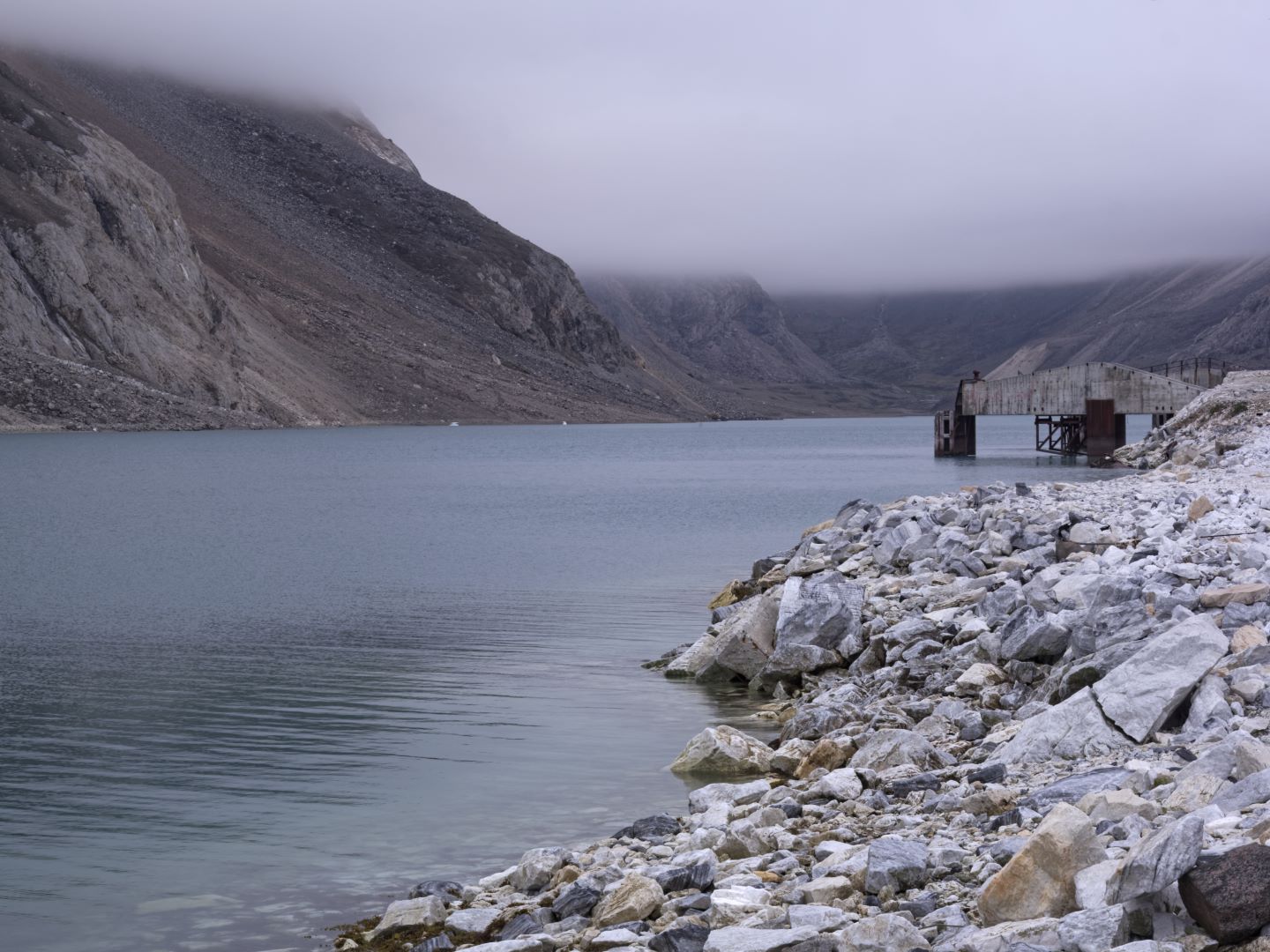Naaja Nathanielsen, Greenland’s minister for business and mineral resources, has expressed the urgency for external investments to support the country’s mining and tourism industries, as she calls on Europe and the US to consider investment. The Arctic island is home to many of the rare earth minerals needed for AI hardware, quantum computing technologies, renewable energy systems, and advanced defence equipment.
Nathanielsen said in an interview with the Financial Times: ‘‘We do want to partner up with European and American partners. But if they don’t show up, I think we need to look elsewhere.” Her comments have been interpreted to mean that Greenland may seek Chinese cooperation if Western investors lose interest.
Greenland’s need for foreign investment
The two main drivers pushing for international investment are the soon-to-expire memorandum of understanding with the US and Nathanielsen’s desire to expand the island’s business sector and diversify its industry. As a result, Greenland is exploring new foreign partners as the expiry date approaches, and this includes China.
For all its mineral wealth, Greenland has limited operational mines. However, there are plans for new projects to commence shortly. It has awarded a mining licence to a Danish-French group for a resource extraction project. Companies such as Amaroq Minerals, Critical Metals, and Greenland Resources lead the charge in exploring business opportunities in the island, suggesting that 2025 could be a transformative year for Greenland’s mining sector.
In theory, China could be a perfect partner for mining development as it currently dominates the supply of several key minerals. For rare earths alone, it accounts for 60% of the global mine supply and nearly all the refining. The natural next step for China would be to explore Greenland’s area and expand its established mining foothold. However, Greenland is sceptical about Chinese investments due to political and sovereignty issues. Greenland has said that Chinese involvement in the island could encroach on the islander’s independence, and this could be detrimental to the island’s future, especially as it already struggles with its political identity since being under Danish colonial rule. Nathanielsen said that China might be holding back from investing because they don’t want to “provoke anything”.
The island ideally wants to attract US investment, but without giving away total sovereignty. One of Trump’s most frequent focus points during his first 100 days in office has been his desire to “get Greenland”. Nathanielsen calls Trump’s comments about Greenland joining the US “disrespectful and distasteful,” which demonstrates the complicated relationship Greenland has with the US.

US Tariffs are shifting - will you react or anticipate?
Don’t let policy changes catch you off guard. Stay proactive with real-time data and expert analysis.
By GlobalDataWhy Greenland is struggling to find foreign investment
Greenland is not just an attractive geopolitical partner for its mineral wealth, its location is becoming more important as ice across the Arctic region melts away, opening previously unseen water channels. Canada’s Northwest Passage and Russia’s Northern Sea Route are now visible. These shipping routes will be essential for all major trading countries as they could reduce shipping times by 30%-50% between Asia, Europe, and North America—a key incentive for China.
Despite Greenland’s mineral wealth and strategic location garnering international attention, it has still not been able to secure any significant investments.
China may not be willing to sign a deal with Greenland at the moment to avoid any escalation in the trade war and geopolitical tensions with the US. The EU is not likely to be a major investment partner due to the high costs of developing mines in arctic conditions. The EU is constrained fiscally and is turning its attention towards domestic defence spending. The US has the money, but Greenland is not yet ready to become its 51st state.
Expect more geopolitical manoeuvring from Greenland shortly as it tries to entice capital into its mining sector.






